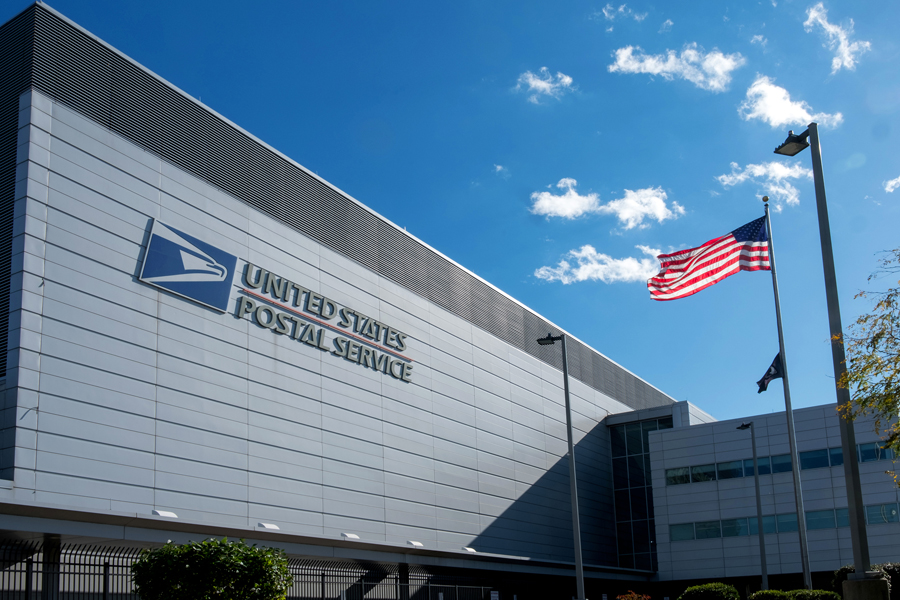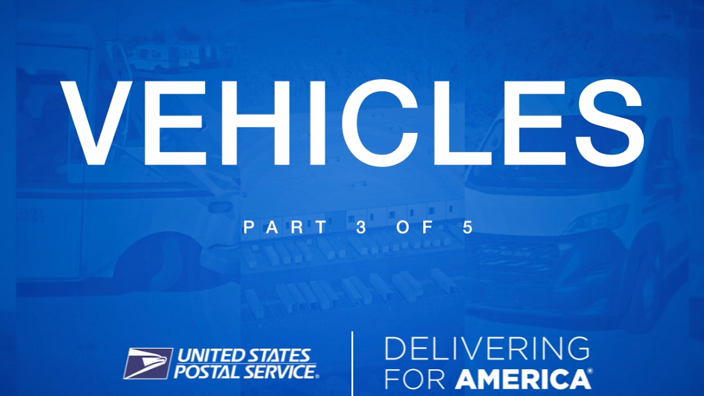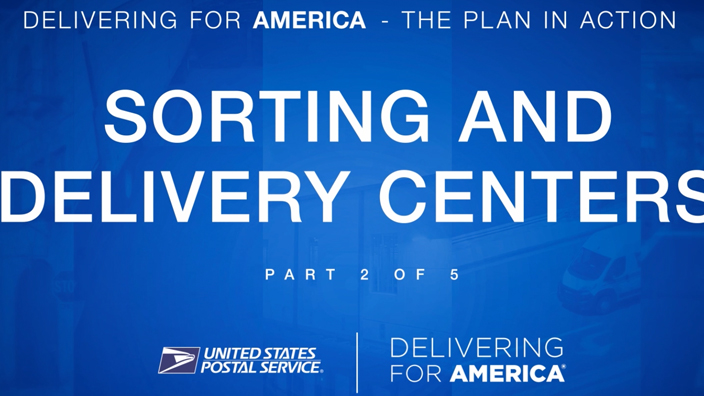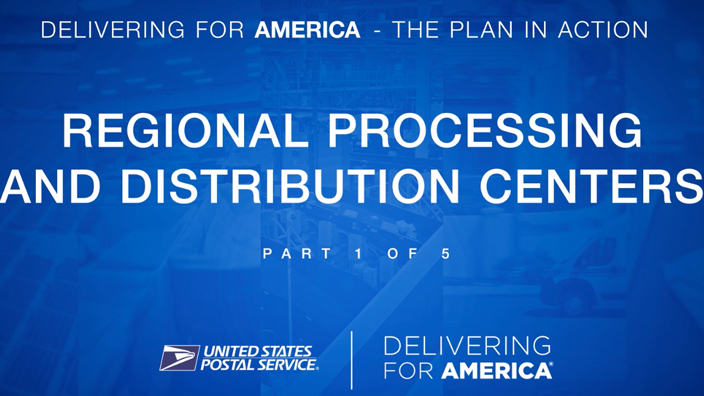The Postal Service is implementing a new strategic approach in its contracts with package consolidators — companies that group together large volumes of packages for entry into various points of the USPS network.
These contracts no longer reflect operational and financial realities in today’s market, the postal network or the Postal Service’s refreshed product offerings.
As a result, while USPS has and will enter into new agreements with package consolidator companies consistent with its current business strategy, the organization will no longer offer discounted rates through negotiated service agreements (NSAs) for packages entered by consolidators at Post Office delivery units.
“As we engage in the process of modernizing our network, we are also changing our product and pricing strategies to ensure that they are aligned with our operating model and goals,” said Postmaster General Louis DeJoy.
“As one part of this new approach, we have decided that it is appropriate to make changes to how we utilize NSAs in the provision of our Parcel Select product. In that regard, to more effectively utilize our network and realize enhanced economies, we no longer intend to provide discounted rates through NSAs that incentivize parties to aggregate mail volume from multiple shippers and to bring such volume directly to our delivery units.”
DeJoy continued: “It’s challenging for us to justify entering into NSAs that incentivize bypassing our transportation and processing network while leaving us responsible for managing the final mile, which is often the most resource-intensive part of the delivery process.
“To continue this practice is not consistent with our business strategy to create an efficient network and grow our own end-to-end ground package product, USPS Ground Advantage, for shipping customers. Reevaluating these business arrangements is the right thing to do for the Postal Service and the American people. And of course, we will make agreements with consolidators who are willing to negotiate deals based upon a more rational use of our network in a fashion that is mutually beneficial.
“On that front, we have already concluded a number of new contracts with consolidators that are consistent with our current business strategy, that have been approved by our regulator, and that are operating effectively.”
The Postal Service is comprehensively transforming all aspects of its operating and marketing strategies as part of its 10-year Delivering for America plan to create a revitalized organization capable of achieving the organization’s public service mission — providing a nationwide, integrated network for the delivery of mail and packages at least six days a week — in a cost-effective and financially sustainable manner over the long term.
Under the plan, USPS is redesigning its outmoded processing network to one that deploys logically sequenced operating plans and schedules, more sortation equipment and improved operating tactics to gain productivity and increase asset usage.
The organization is restructuring its transportation network by shifting volume from air to ground transportation, aggregating volume in fewer facilities, and optimizing routes to use fewer trips and increase truck usage.
The Postal Service is also rationalizing its delivery network by consolidating operations from delivery units into centralized sorting and delivery centers in many geographic areas, which provide increased sorting capabilities, support an optimized local transportation network, and facilitate the deployment of its new delivery fleet, including battery electric vehicles.



